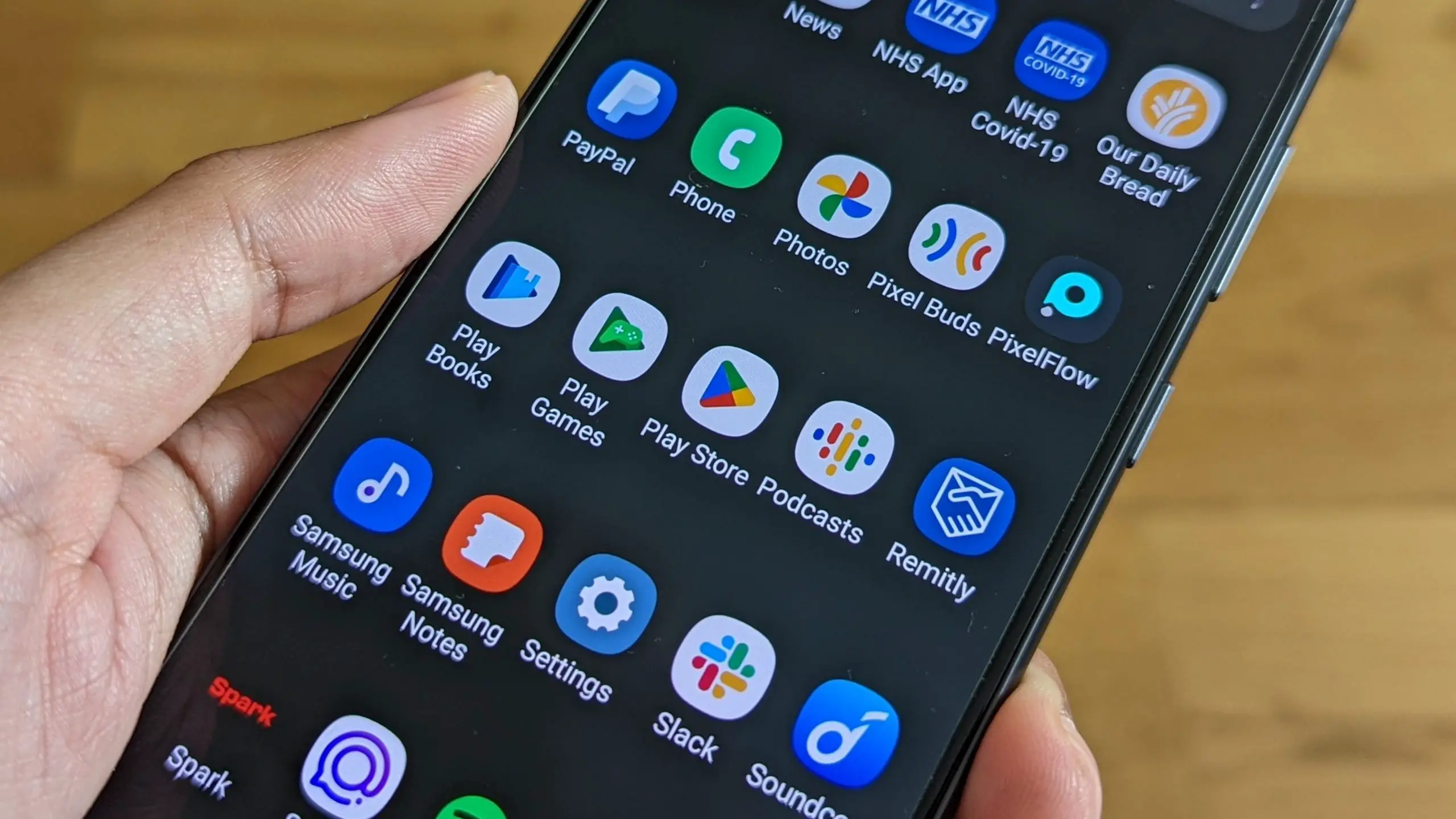The Enterprise. An often discussed topic in terms of the next realm of Android/Mobile growth, but one that has evaded both mainstream coverage and widespread practical use. Digging through the Phandroid Video Archives I found a video from CTIA that, unfortunately, I neglected to share with you. I think it’s extremely important to discuss, so behold… Epocrates running on the Samsung Galaxy Tab:
Android provides a HUGE opportunity in the Enterprise world for a number of reasons, but a few that I’d especially like to point out:
- Any company can develop an Android application
- Their application can be loaded onto Android devices without needing “permission” from Google or Andy Rubin (they can distribute it however they like, it doesn’t need to pass through Android Market)
- Their application can potentially be accessed through hundreds of different devices, made by various manufacturers, available on a wide range of global carriers
The bottom line is that Android empowers companies to create meaningful applications and utilize them as they see fit, on whatever scale they like. The limitations are few- create the application and use it on one of many devices.
Companies can create solutions internally, but of course Enterprise is big business, and I think more 3rd parties will move into providing industries with tools that help professionals better perform their jobs. Epocrates is a prime example.
The Galaxy Tab provides a great sized screen for Doctors to use as a polished and reliable reference tool when looking up drugs and medications for their patients. The examples in this video include:
- Doctor’s looking up various drugs by name or therapeutic class
- Looking up the “tiers” of various drugs based on Health Insurance guidelines
- Finding potential side effects, warnings, and interactions with other drugs
- Offering/suggesting alternatives if a conflict may occur for one reason or another
In this particular case, Epocrates is selling their application – which is currently available on Android Market (free version) – directly to end users (physicians). So, professionals themselves are individually purchasing this application to improve their own ability to make decisions as well as their efficiency.
I can think of two other business models that will catch on in the coming months and years:
- 3rd parties selling their application/solution in bulk to organizations
- Organizations internally creating/contracting the creation of an application to achieve goals
In the first case, even developers like Epocrates have an angle. The folks at Epocrates could approach hospitals directly, offering to strike a bulk deal that would allow every single physician access to their application. What about a distribution channel that would ship hundreds of Galaxy Tabs, with Epocrates preloaded, directly to the hospitals/practices with them providing to their doctors?
When you look at Android from this perspective – as a flexible operating system leveraged to create a very specialized tool and achieve a very specific goal – other opportunities are suddenly imagined. Whereas that $100 Maylong Universe Tablet seemed rather limited, if the goal is to have it loaded with Epocrates and a few other helpful solutions for doctors, won’t it serve it’s purpose just fine? And at an outrageously affordable price? What would it cost to outfit a practice of 100 doctors each with a Maylong Android Tablet + Epocrates? Compare that to the alternatives/competition.
Try doing THAT with your iPad.
Organizations creating solutions not-for-profit, but instead for internal benefit, should also be a consideration when trying to leverage technology. A prime example of this is how Loyola University worked with Blackboard to provide an awesome tool for their students under the Sprint ID umbrella:
Why couldn’t a university create an application themselves to support their students or faculty? Lots of different businesses, organizations and institutions have the potential to create value and drive higher levels of productivity by using technology- especially Android. Some of these organizations may custom build the applications for themselves. And 3rd parties will spot these opportunities, build generic versions of industry oriented apps, offer it to industry players, and reap huge rewards while helping achieve goals.
There is a ton of promise in the Android Enterprise… it’s just waiting to be unlocked.









Outstanding. And the form factor is perfect for in-between patient times to look up information.
Try doing that with an iPad. HA!
I agree 100%. I think corporate use of Android, particularly on 7″ tablets will be huge. Imagine paper forms and work orders replaced with tablets for warehouses, sales, and service crews. Making apps easily accessible for enterprises with internal databases will be critical.
Frameworks like Mobiliti from http://www.mobiltect.com already provide tools to let any corporate developer with no knowledge of Android create content-driven apps that can wrap around any relational database or Internet content source by simply creating data schemas and UI declarations in XML or plain Java. When app development doesn’t require extensive expertise we’ll see more penetration into enterprises of all sizes.
The problem that they are going to have is lack of native NTLM/Kerberos support in the enterprise world. Applications such as SharePoint or others that users try to log into will not work. http://www.google.com/url?sa=t&source=web&cd=1&sqi=2&ved=0CBoQFjAA&url=http%3A%2F%2Fcode.google.com%2Fp%2Fandroid%2Fissues%2Fdetail%3Fid%3D4962&ei=W2rlTOjBHMH48AbZg6DODQ&usg=AFQjCNFzU5BHkdn9n8H_AKdg9wL7NBJ4RQ&sig2=H-mJ8NdxKmM-dh7MQkBMKQ
I use my EVO and epocrates daily as an ER registered nurse. I am in nurse practitioner school and have struggled with ipad vs. galaxy tab. 7″ fits in my lab coat.now we need the medical apps on Android and it makes the decision easy.
From a Security point of view Android will never catch on in the main stream of businesses until the OS can provide true encryption. This needs to happen. Blackberry and iPhone/iPad have encrytpion hardware built right into the device. Companies do not want to purchase a 3rd party app like Good Mobile to enforce encryption. It is a pain in the you know what to manage and ruins the use experience. Especially in a clinical enviroment it you are dealing with doctors. They will not want their user experience to change on their devices.
Peter, I have “HA”, and for many months before the Galaxy Tab came out. Even so, still great it can be had for both devices.